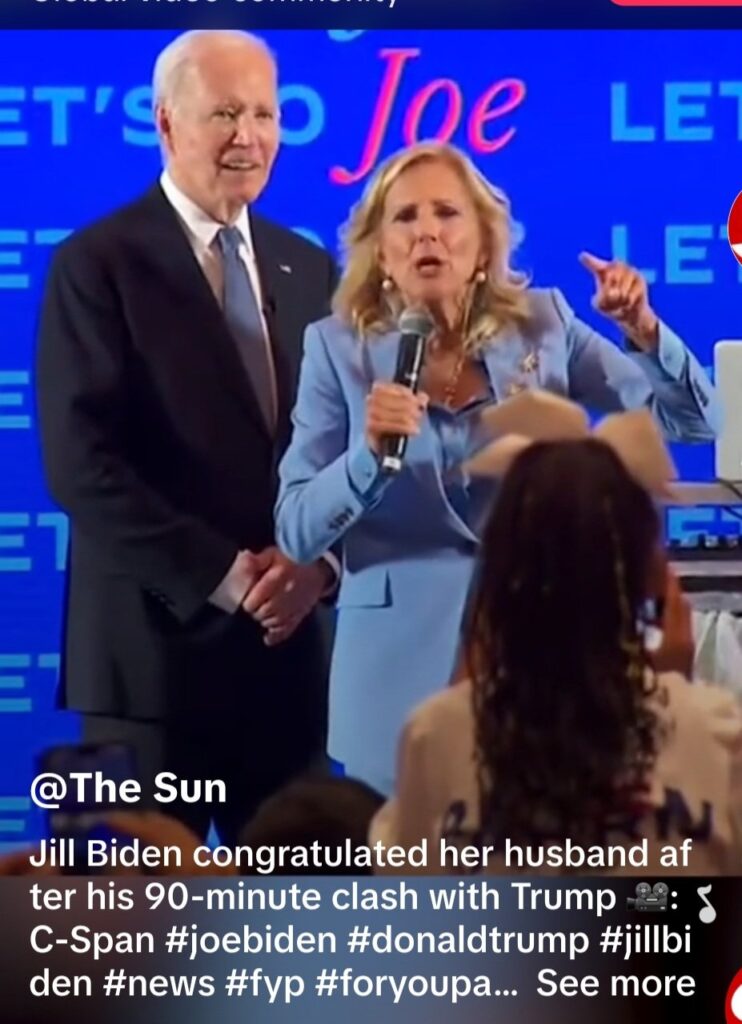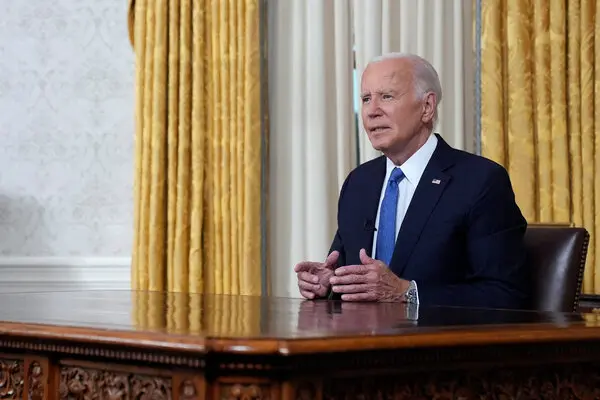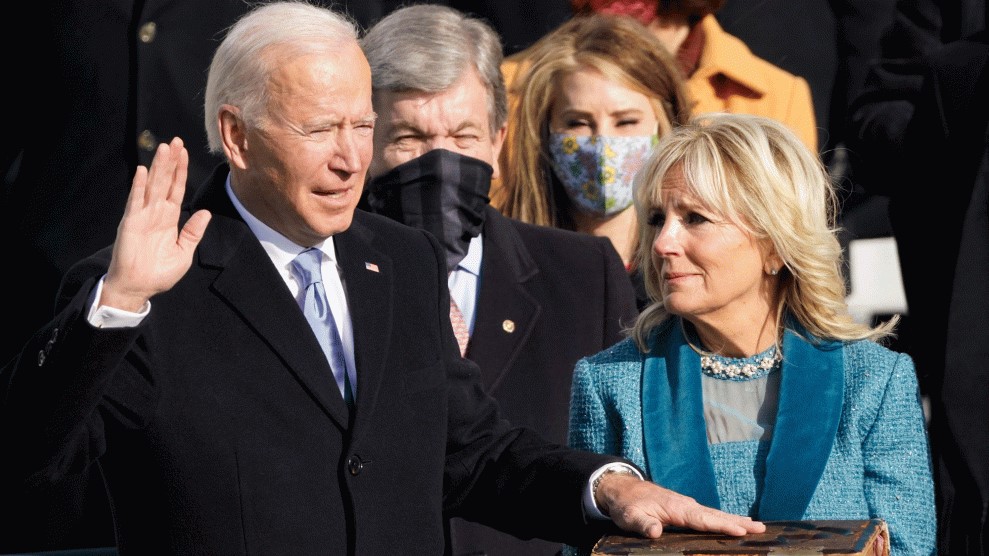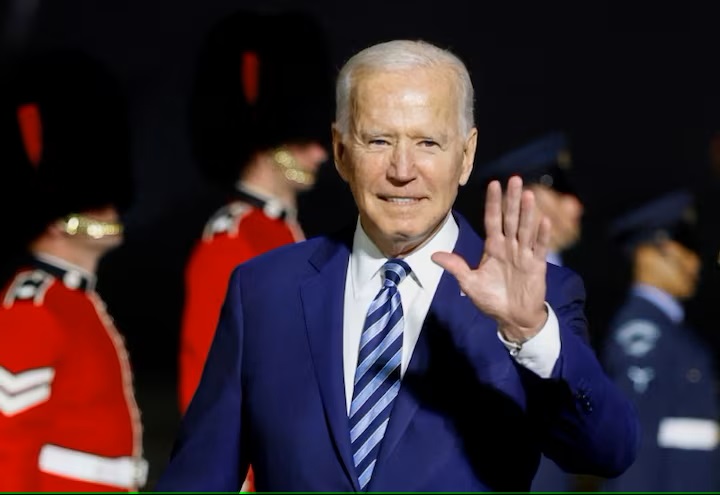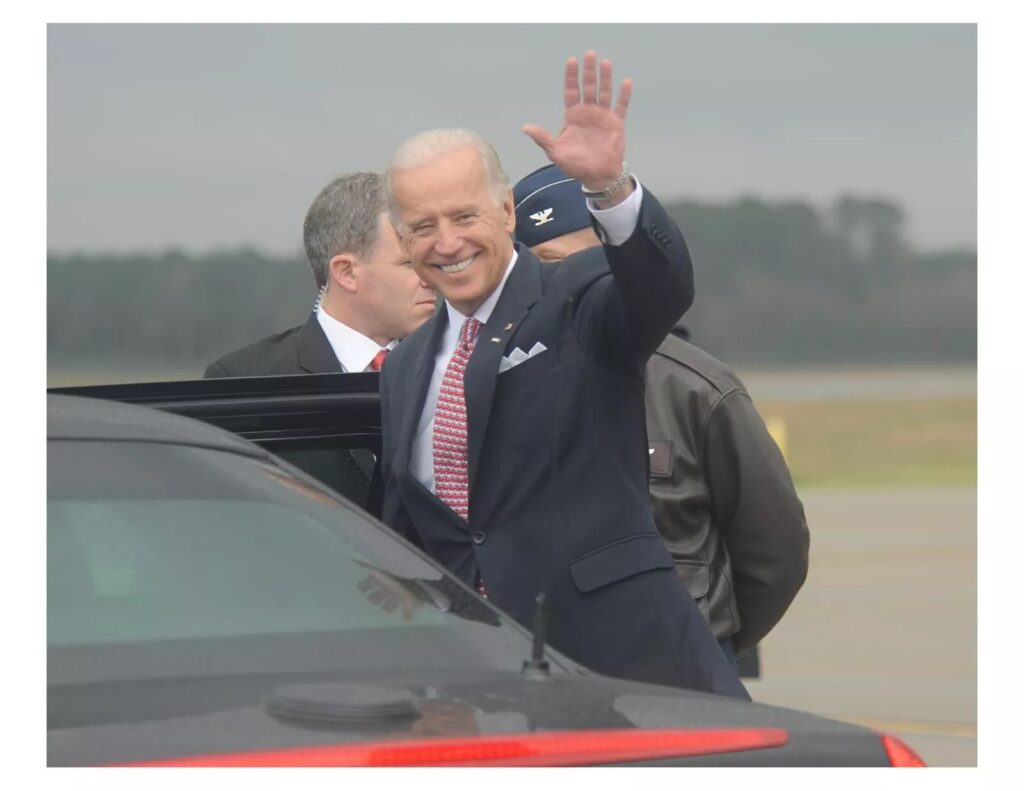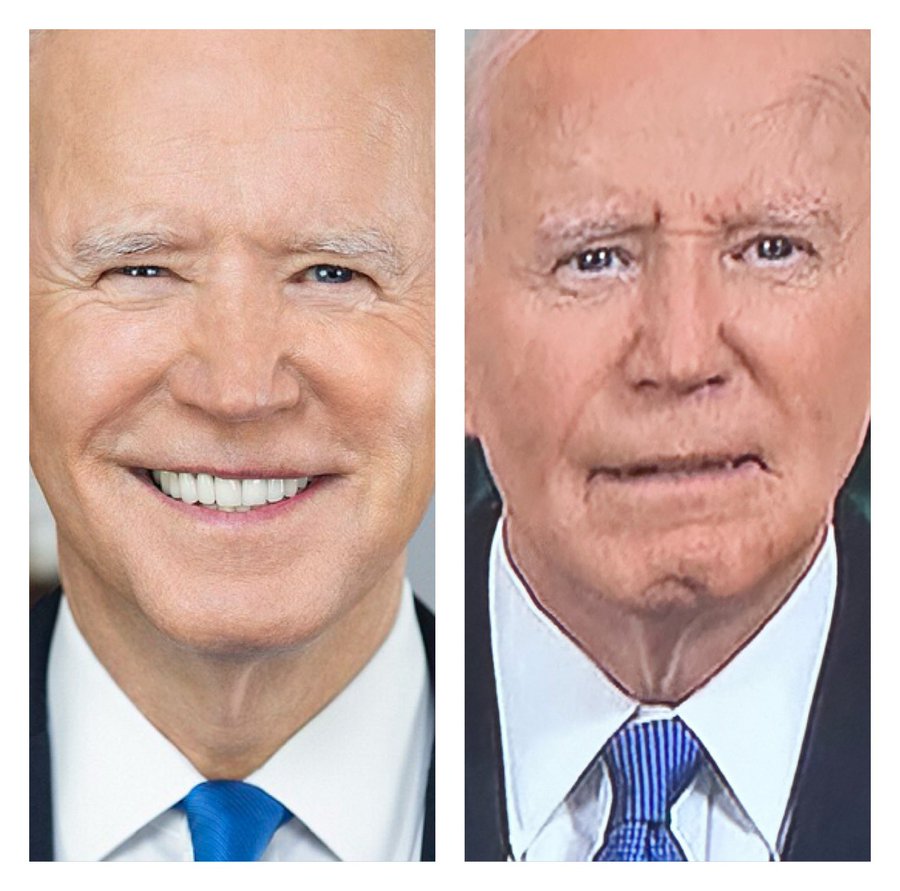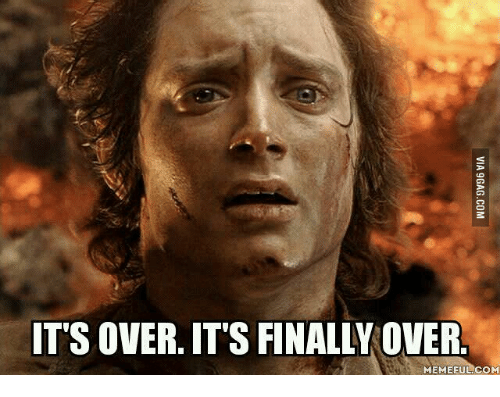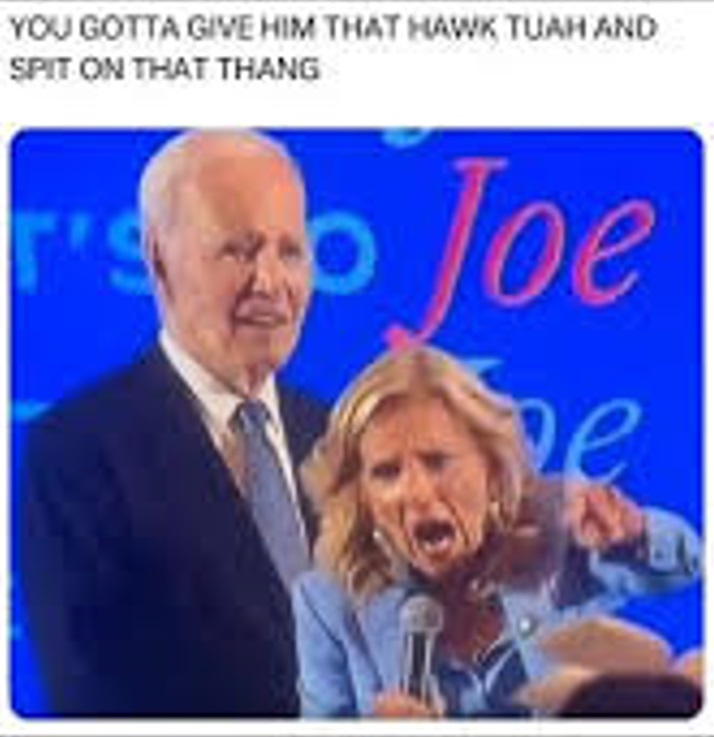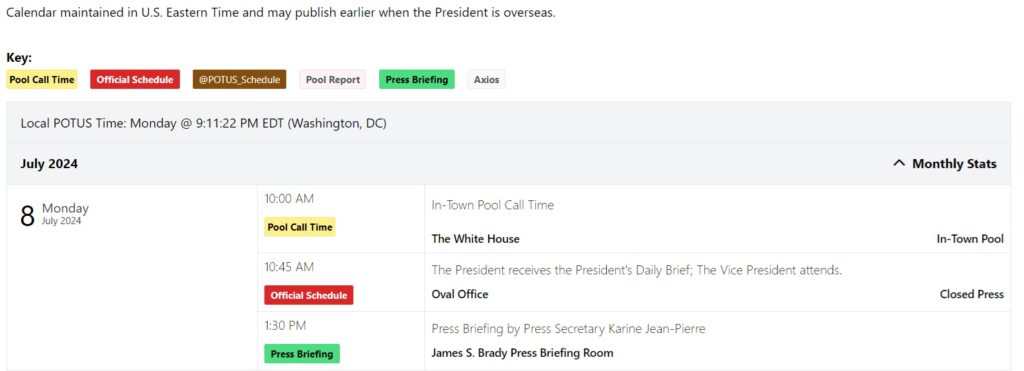Everyone has seen the video of the murdered woman on the New York subway who was killed when she was set on fire, so I won’t post a link to it here. It turns out that the asshole who is accused of committing the murder was deported in 2018, but immediately snuck back in just in time to commit at least one murder.
ICE issued an order to have him detained to Federal custody, but NY has refused the request, citing “sanctuary city” laws. If the state and city of New York can claim that Federal law doesn’t apply in their city, then DJT needs to issue a couple of executive orders on his first day.
- All access to Federal law enforcement databases like NCIC will be suspended for the entire state of New York until such time as they participate with Federal Law Enforcement efforts
- Any New York official who refuses to comply with Federal Law Enforcement gets arrested for obstruction. That includes the Governor, the mayo of NYC, state judges, and anyone else who says no to ICE detainers. If you or I refused to comply with a NY court order, we would go to jail, and we all know that “no one is above the law.”
- All Federal funding or grants to NY are hereby suspended until NY pays by US law.
We all know that people in New York will then reply by claiming that they are not going to forward income tax payments, or some other nonsense. At that point, the President would then be permitted to declare that New York’s actions are making it impossible to enforce the law. The law here is 10 USC 252:
Whenever the President considers that unlawful obstructions, combinations, or assemblages, or rebellion against the authority of the United States, make it impracticable to enforce the laws of the United States in any State by the ordinary course of judicial proceedings, he may call into Federal service such of the militia of any State, and use such of the armed forces, as he considers necessary to enforce those laws or to suppress the rebellion.
You’re reading this correctly- the President could then order Federal troops (or the NY National Guard, under Federal orders) to suppress the rebellion and enforce Federal immigration laws.
Just after this is complete, Trump should then tell any other “sanctuary cities” that they are next, unless they comply with the law.
As much as I feel that the Federal government is outside of its constitutional authority, enforcing immigration laws and defending the border is well within Federal purview.


